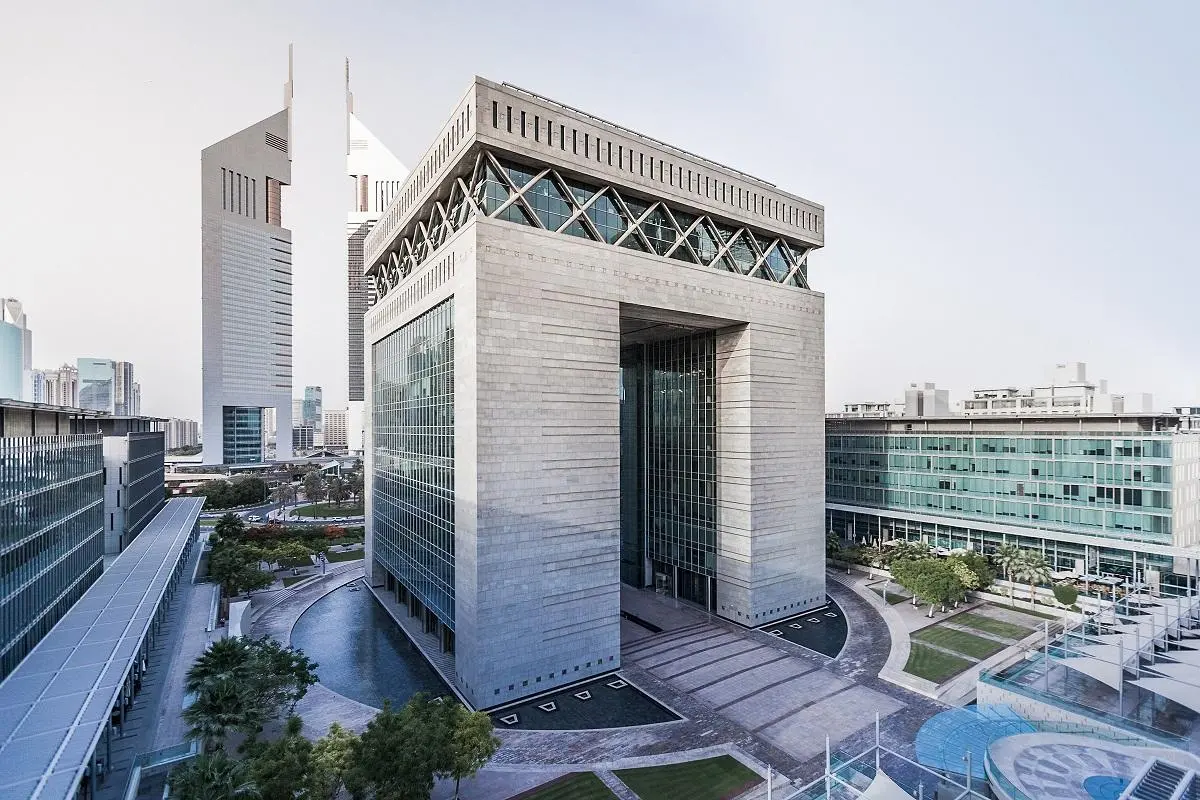PHOTO
(A grammatical error in the fourth paragraph has been corrected).
The new investment management company launched by Dubai-based Badwa Capital last month will target investments in physical infrastructure in areas such as education, healthcare and logistics, one of the firm’s partners has said.
The company announced its entry to the investment management business last month, with its press release stating that the business is “anchored with $100 million in capital”, adding that it would target both family and institutional investors. (Read more here).
The firm, which is regulated by the Dubai Financial Services Authority, has a target to become the “pre-eminent investment management firm in the Middle East,” partner Abdulaziz Alfalih told Zawya in an interview.
Thus far, its role has mainly been to act as an advisor on transactions, and it has been involved in deals worth over $3 billion in Saudi Arabia, Alfalih said.
“It is part of our natural evolution to enter into this segment and launch the investment management business in the next phase of the firm’s growth,” he said.
The dynamic economic transformation being embarked upon by many governments in the region make it an interesting time to launch such a business.
“The region’s fundamental economic trends are very strong, we have healthy economic growth, healthy population growth and there is a lot of infrastructure demand in different countries, primarily in Saudi Arabia,” he said.
In its latest forecast for the GCC, the International Monetary Fund said that economic growth in the region is expected to reach 3 percent in 2019, up from an expected 2.4 percent in 2018.
Data from Thomson Reuters Projects shows that of the $1.2 trillion worth of announced, planned and awarded active construction projects in the Gulf Cooperation Council (GCC), 68 percent, or $825.4 billion, are in Saudi Arabia.
Moreover, the transformation efforts being embarked upon by governments has meant they are taking a new approach towards funding infrastructure development, and “are requiring higher participation of private capital”, Alfalih said.
“Thirdly, investors in the region have always been focused on yielding investments and income-generating investment, which are well suited to this new opportunity being presented,” he added.
“Finally, we see companies trying to adapt to a new market environment by focusing on asset-light strategies and trying to fund their growth with minimising internal capex spend.”
The investment management business of Badwa Capital will initially target the most obvious growth areas the company sees in the region, specifically in Saudi Arabia, Alfalih said.
Knowledge building
“If you look in Saudi, the education sector has very promising opportunities, there are over 1,000 schools in the Kingdom that need to be shut down and relocated into new facilities,” he said.
The kingdom has recently allocated 193 billion Saudi riyals from its 2019 budget for education, in line with the greater role the sector has in Saudi Vision 2030. Education has become the largest spending component (17.5 percent) of the Saudi budget.
The kingdom is also encouraging the development of private sector education, offering foreign investors 100 percent ownership of Saudi companies operating in the sector. A report published by LEK Consulting last month argued that the country is particularly underserved in the market for private, international schools (Read more here).
“Another focus area are industrial and logistics assets. If you think about the growth of ecommerce and the rising trade volumes expected in the region, we see logistics and industrial assets and warehouses specifically as a major growth area,” Alfalih said.
“Healthcare is also going through a number of regulatory and market changes that create attractive investment opportunities to invest in the real estate of healthcare assets,” he added.
The Ministry of Health launched 25 new hospitals during 2016-18 and plans to build 35 hospitals in 2019. The healthcare and social development sector represents the third-largest share (15.6 percent) of Saudi Arabia’s 2019 budget.
Purpose-built
“We are talking about build-to-suit opportunities primarily in the education, logistics and healthcare space,” Badwa Capital’s Alfalih said, adding that the firm will also be looking at other types of investments.
“We are focusing on Saudi and UAE markets but we could look at other markets as well, especially in yielding or income-generating investments.”
Alfalih expressed confidence that Badwa Capital would be able to achieve attractive risk-adjusted returns to investors.
“I don’t think there is anything that stops Badwa Capital from becoming one of the most pre-eminent investment managers in the region, but our focus is on client satisfaction and investor returns, not on our own size,” Alfalih said.
“Our client relationships in the kingdom are very deep and very strong and we continue to support our existing and new clients on financial services mandates, ranging from M&A and debt advisory to capital raising and other matters.”
According to its website, Badwa Capital received backing by privately-owned Saudi investment group Al Rajhi United two years ago, but its management team, which includes Alfalih and chairman Fawzi Jumean, retain a majority share of the business.
(Reporting by Gerard Aoun; Editing by Michael Fahy)
(gerard.aoun@refinitiv.com)
Our Standards: The Thomson Reuters Trust Principles
Disclaimer: This article is provided for informational purposes only. The content does not provide tax, legal or investment advice or opinion regarding the suitability, value or profitability of any particular security, portfolio or investment strategy. Read our full disclaimer policy here.
© ZAWYA 2019





















